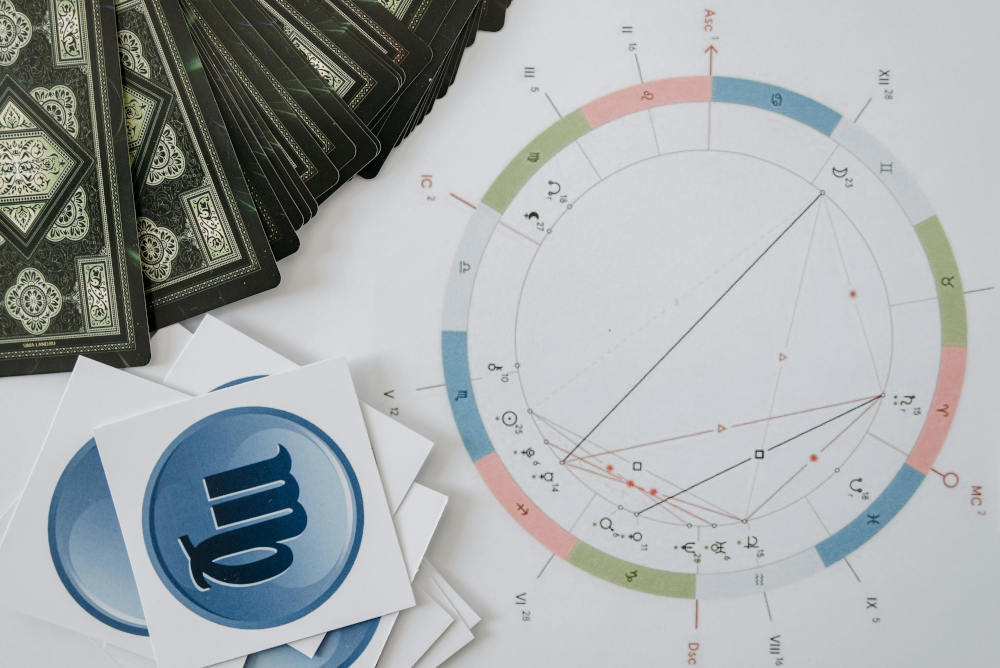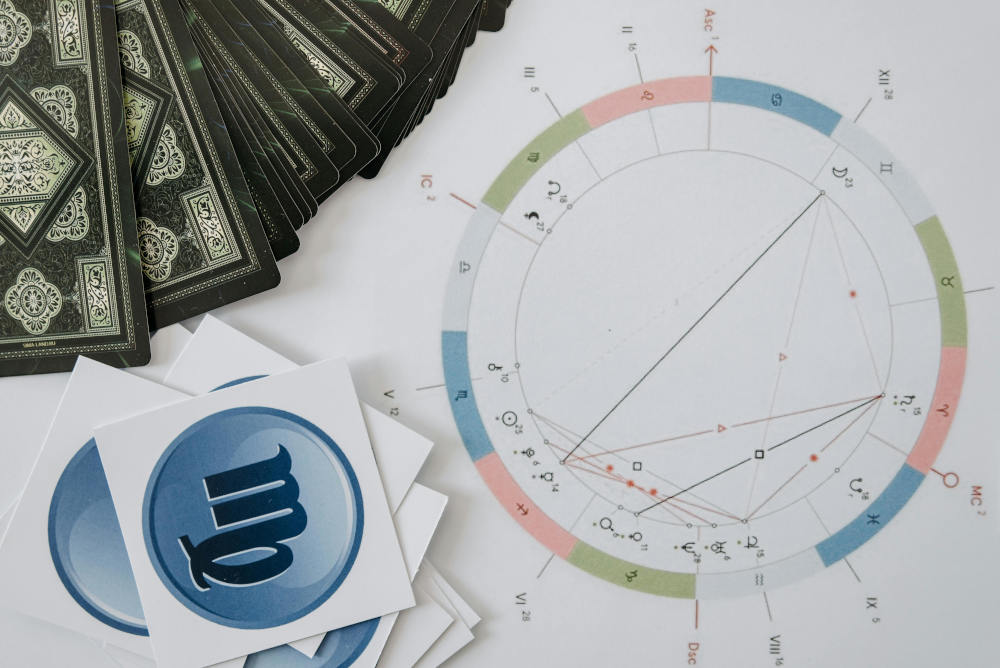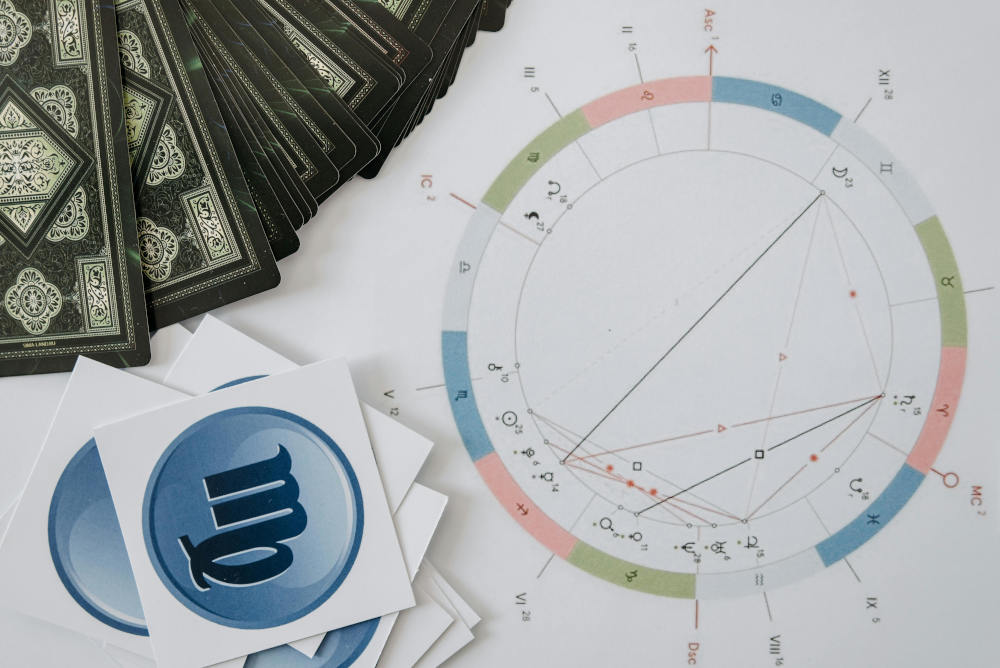
For thousands of years, humans have looked to the sky, seeking answers in the stars. Astrology, the belief that celestial bodies influence human lives, has guided emperors, inspired artists, and filled millions of newspaper columns. Yet despite its popularity, astrology remains scientifically baseless. In this article, we’ll explore why astrology doesn’t hold up under scrutiny, from flawed assumptions to failed predictions, and why people still believe in it.
1. The Core Idea Behind Astrology
At its heart, astrology claims that the positions of the planets and stars at the time of your birth shape your personality, relationships, and even future events. The zodiac divides the sky into twelve equal segments, each linked to a sign—Aries, Taurus, Gemini, and so on. Astrologers interpret your “natal chart,” which maps the sky at your exact moment of birth, to make predictions or explain behavior.
But the real question is: does this have any grounding in reality?
2. No Known Force Connects Planets to Personality
Let’s begin with the basic mechanism. How could a planet 400 million miles away shape your career path or romantic destiny?
There’s no known force in physics that would allow celestial bodies to influence human behavior in such a specific way. Gravity? It’s negligible. The gravitational pull of the obstetrician delivering a baby is greater than that of Mars. Electromagnetism? Also too weak, and inconsistent with astrological claims.
In science, claims require a known mechanism or, at the very least, strong evidence of an effect. Astrology has neither.
3. Astrology Fails Scientific Testing
Astrology’s claims have been tested—again and again—and the results consistently fail to show any predictive power.
In one of the most famous tests, Shawn Carlson, a physicist, conducted a double-blind study published in Nature in 1985. Professional astrologers were asked to match natal charts with psychological profiles of volunteers. The results? No better than chance.
Other studies have looked at whether astrological signs predict personality types, job success, or compatibility in relationships. The consistent finding: no correlation. Not only does astrology not predict outcomes—it doesn't even outperform random guessing.
4. Precession of the Equinoxes Destroys the Zodiac
Astrology relies on the idea that the sun moves through the same twelve constellations every year. But the Earth wobbles on its axis in a cycle called “precession,” which takes about 26,000 years. As a result, the position of the sun relative to the constellations has shifted over time.
In fact, most people are now born under a different sign than astrology claims. A person told they’re a Leo might actually have been born when the sun was in Cancer. The zodiac signs are based on star positions from over 2,000 years ago—and haven’t been updated since.
That alone should make modern astrology obsolete.
5. Birth Charts Ignore Most of the Universe
Astrology focuses on a tiny fraction of celestial bodies: mostly the Sun, Moon, and eight planets (excluding Earth). But the universe contains billions of galaxies, each with billions of stars and planets.
If astrology were based on any real influence from celestial objects, why would it ignore 99.9999999% of the cosmos?
It’s like trying to predict the weather by measuring the temperature of one grain of sand.
6. Horoscopes Are Vague and Easily Misinterpreted
Horoscopes are often vague, general, and open-ended: “You will face a challenge today, but your resilience will see you through.” This is known as the Barnum effect, where people believe vague statements apply specifically to them.
Psychologists have repeatedly shown that when people read personality descriptions labeled with their astrological sign, they tend to agree with the content—until they’re told the description was actually written for someone else.
Astrology succeeds not because it works, but because people want it to.
7. Confirmation Bias Keeps Astrology Alive
Once people believe in astrology, they tend to notice the hits and ignore the misses. If a horoscope says you’ll meet someone new and you have a conversation with a stranger, it feels like proof. But if nothing happens, it’s quickly forgotten.
This is classic confirmation bias—the tendency to favor information that supports what we already believe. Combined with the human tendency to find patterns in randomness, astrology becomes self-reinforcing.
8. Astrology Is Not a Science
True science relies on testable hypotheses, rigorous experiments, peer review, and reproducible results. Astrology lacks all of these.
It doesn’t evolve based on new evidence. It doesn’t refine its predictions based on failures. It offers no consistent method for testing its accuracy that passes objective scrutiny. And it isn’t falsifiable—you can’t prove it wrong because believers can always reinterpret the results.
By scientific standards, astrology is a pseudoscience.
9. Cultural Origins, Not Cosmic Truths
Astrology's roots lie in ancient Mesopotamia and Egypt. It was a mix of religion, mythology, and early astronomy, developed long before the scientific method.
Different cultures even have different astrological systems. Western astrology has 12 zodiac signs; Chinese astrology is based on lunar years and animal symbols. Indian astrology uses a sidereal system instead of the tropical one used in the West.
If astrology were based on objective cosmic truths, why would systems from different cultures contradict each other?
10. Why People Still Believe in Astrology
Despite all this, astrology remains wildly popular. Why?
-
Comfort and meaning: Astrology offers people a way to feel understood and guided in an uncertain world.
-
Identity: It provides labels and categories that help people feel connected or special.
-
Community: Online forums, apps, and memes make astrology social and fun.
-
Nostalgia and ritual: For some, it’s part of culture, tradition, or even spirituality.
In a world where science can feel cold or impersonal, astrology feels warm, human, and emotionally validating—even if it's false.
11. The Real Danger: When Belief Replaces Reason
While astrology may seem harmless fun, it becomes dangerous when people use it to make life decisions—choosing partners, delaying medical care, or ignoring scientific advice.
Belief in astrology can also erode trust in critical thinking and evidence-based reasoning. It opens the door to other pseudosciences and conspiracy theories, making it harder for people to distinguish fact from fiction.
12. A Better Way to Understand Ourselves
Instead of turning to the stars, psychology, neuroscience, and genetics offer real tools for self-understanding. They’re based on decades of research and growing evidence, not on outdated myths or celestial patterns.
Self-discovery is a powerful journey—but it’s one best grounded in reality.
Final Thoughts
Astrology may be popular, poetic, and comforting—but it doesn’t work. It fails every scientific test, ignores vast swaths of the universe, and survives largely due to psychology, not astronomy. While it may offer entertainment or even emotional support, it has no place in serious discussions of personality, prediction, or science.
The stars are awe-inspiring—but they don’t control your destiny. You do.
Cet article vous a-t-il été utile ? S'il vous plaît dites-nous ce que vous avez aimé ou n'avez pas aimé dans les commentaires ci-dessous.
About the Author: Alex Assoune
Contre Quoi Nous Luttons
Les groupes multinationaux surproduisent des produits bon marché dans les pays les plus pauvres.
Des usines de production où les conditions s’apparentent à celles d’ateliers clandestins et qui sous-payent les travailleurs.
Des conglomérats médiatiques faisant la promotion de produits non éthiques et non durables.
De mauvais acteurs encourageant la surconsommation par un comportement inconscient.
- - - -
Heureusement, nous avons nos supporters, dont vous.
Panaprium est financé par des lecteurs comme vous qui souhaitent nous rejoindre dans notre mission visant à rendre le monde entièrement respectueux de l'environnement.
Si vous le pouvez, veuillez nous soutenir sur une base mensuelle. Cela prend moins d'une minute et vous aurez un impact important chaque mois. Merci.































0 commentaires